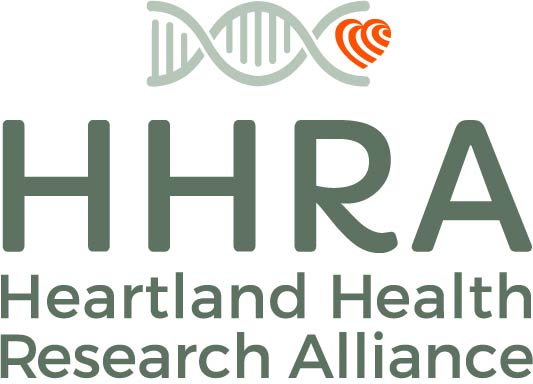Eunha et al., 2022
Eunha Kim, Donggi Paik, Ricardo N. Ramirez, Delaney G. Biggs, Youngjun Park, Ho-Keun Kwon, Gloria B. Choi, Jun R. Huh.; “Maternal gut bacteria drive intestinal inflammation in offspring with neurodevelopmental disorders by altering the chromatin landscape of CD4+ T cells;” Immunity, 2022, 55(1), 145-158; 10.1016/j.immuni.2021.11.005.
SUMMARY:
Children with autism spectrum disorders often display dysregulated immune responses and related gastrointestinal symptoms. However, the underlying mechanisms leading to the development of both phenotypes have not been elucidated. Here, we show that mouse offspring exhibiting autism-like phenotypes due to prenatal exposure to maternal inflammation were more susceptible to developing intestinal inflammation following challenges later in life. In contrast to its prenatal role in neurodevelopmental phenotypes, interleukin-17A (IL-17A) generated immune-primed phenotypes in offspring through changes in the maternal gut microbiota that led to postnatal alterations in the chromatin landscape of naive CD4+ T cells. The transfer of stool samples from pregnant mice with enhanced IL-17A responses into germ-free dams produced immune-primed phenotypes in offspring. Our study provides mechanistic insights into why children exposed to heightened inflammation in the womb might have an increased risk of developing inflammatory diseases in addition to neurodevelopmental disorders. FULL TEXT
